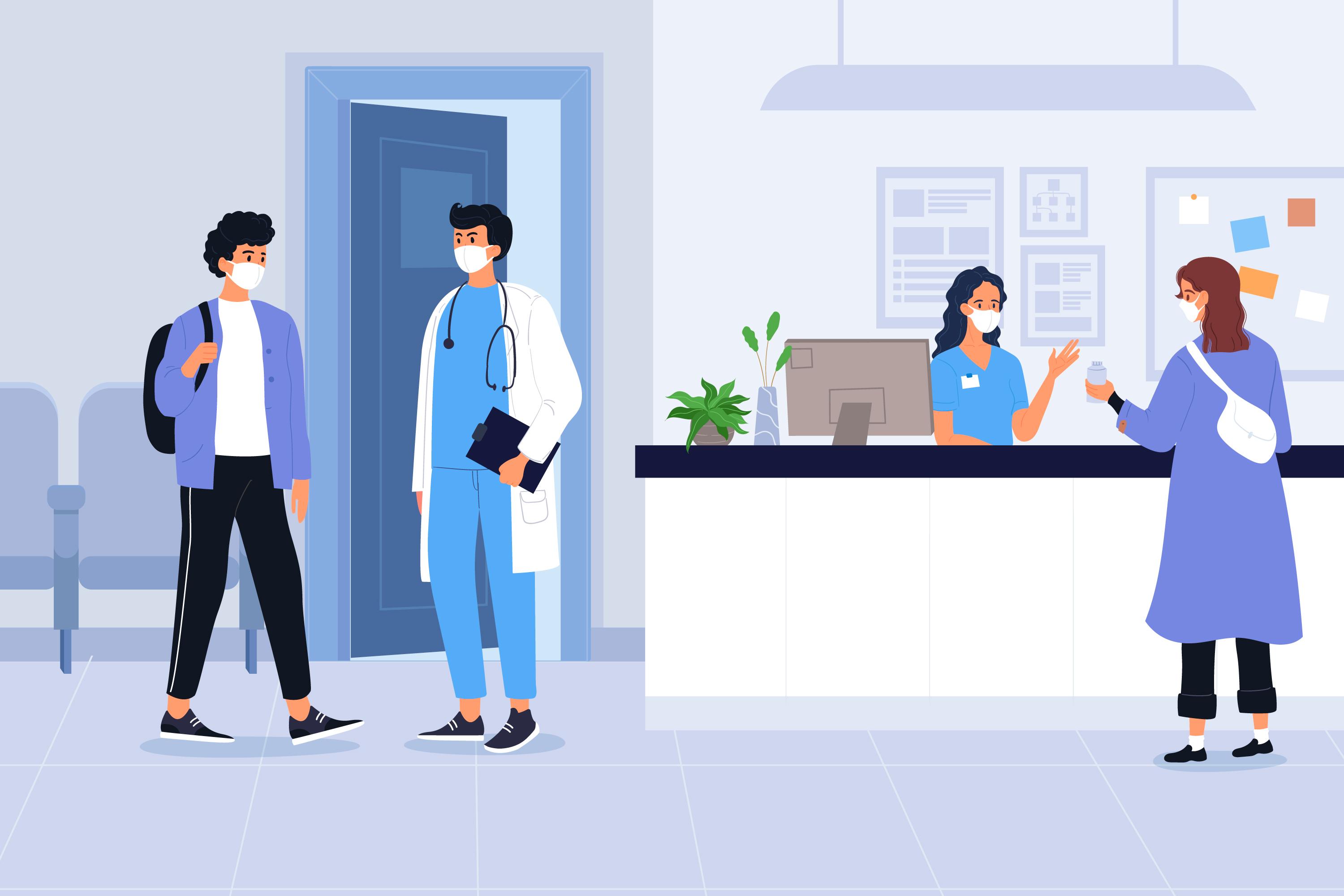In today’s fast-evolving healthcare industry, medical coding plays a crucial behind-the-scenes role. It’s the system that ensures accurate billing, efficient patient records, and smooth communication between healthcare providers and insurance companies.
If you're new to this term or considering a career change, this guide will help you understand what medical coding is, how it works, and how you can become a part of this in-demand field.
What is Medical Coding?
Medical coding is the process of translating healthcare diagnoses, procedures, medical services, and equipment into universal alphanumeric codes. These codes come from standardized code sets such as:
-
ICD (International Classification of Diseases) – for diagnoses
-
CPT (Current Procedural Terminology) – for procedures
-
HCPCS (Healthcare Common Procedure Coding System) – for additional services, supplies, etc.
Each time a patient visits a doctor, gets lab tests, or undergoes surgery, a medical coder translates that information into appropriate codes for insurance billing, records, and analytics.
Why is Medical Coding Important?
Medical coding might sound technical, but it’s essential to healthcare operations. Here's why:
-
Accurate Billing: Ensures doctors and hospitals are paid correctly by insurance providers.
-
Clear Documentation: Standardized codes create uniform records across all systems.
-
Healthcare Analytics: Helps with research, planning, and national health tracking.
-
Fraud Prevention: Reduces the risk of billing errors and insurance fraud.
Who Can Become a Medical Coder?
You don't need a medical degree to become a coder. However, a background in science, good attention to detail, and strong analytical skills are great advantages. Medical coders often come from:
-
B.Sc. graduates
-
Allied health professionals
-
Students looking for a quick entry into healthcare
-
Career switchers from administrative or technical fields
Skills Required for Medical Coding
To succeed as a medical coder, you should develop:
-
Knowledge of anatomy, physiology, and medical terminology
-
Familiarity with ICD, CPT, and HCPCS coding systems
-
Understanding of healthcare laws and ethics
-
Computer literacy and data entry accuracy
-
Analytical thinking and attention to detail
Where Can You Work as a Medical Coder?
Medical coders are in demand across various healthcare settings:
-
Hospitals and clinics
-
Diagnostic labs
-
Insurance companies
-
Medical billing firms
-
Telemedicine platforms
-
Government and research organizations
How to Get Started in Medical Coding
Getting started is easier than you think. Here’s a roadmap:
-
Choose a trusted training institute such as Arwon Academy
-
Enroll in a certified course like CPC (Certified Professional Coder)
-
Learn the coding systems including ICD-10, CPT, and HCPCS
-
Practice with real-world case studies and mock exams
-
Clear your certification exam
-
Apply for internships or job placements
Why Choose Arwon Academy?
At Arwon Academy, we offer industry-relevant medical coding courses designed specifically for beginners. Our program includes:
-
Expert faculty with real-world experience
-
CPC exam preparation
-
Internship and placement assistance
-
Online and offline classes
-
Lifetime academic support
Ready to Start Your Medical Coding Career?
Don’t wait. The healthcare sector is growing rapidly, and skilled medical coders are in high demand.
Enroll in Arwon Academy’s Medical Coding Course today and take the first step toward a rewarding healthcare career.



